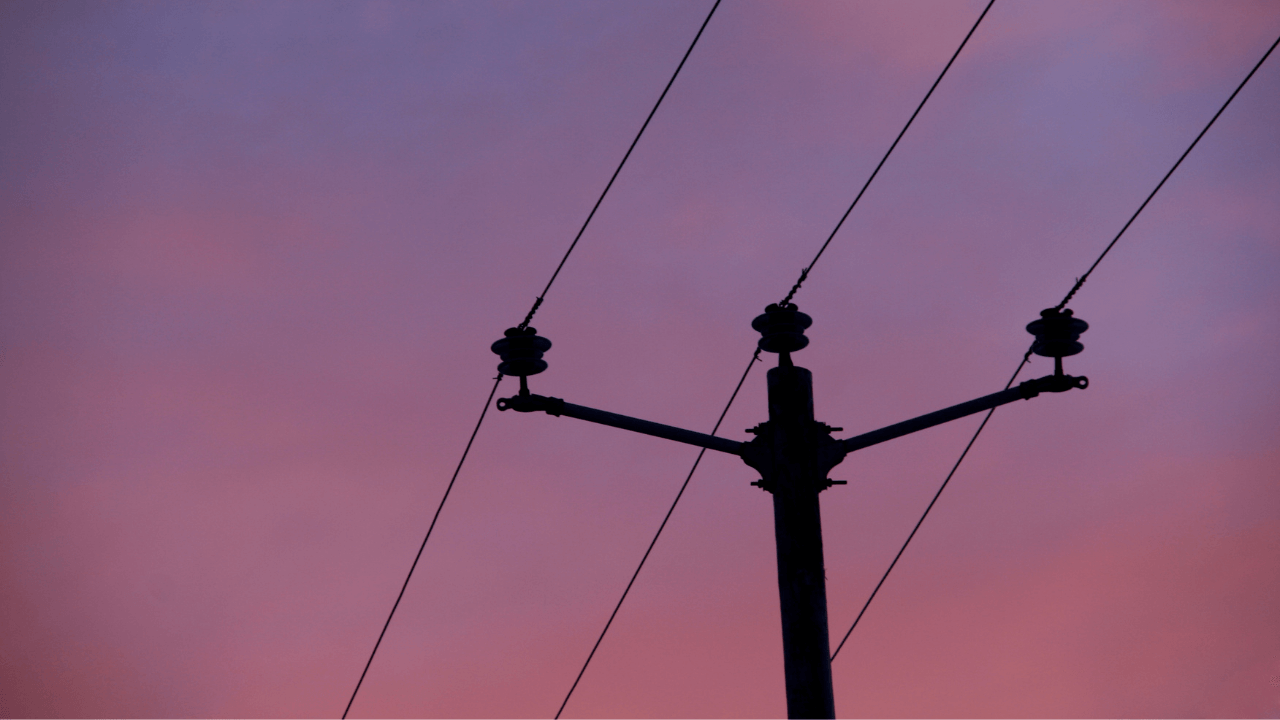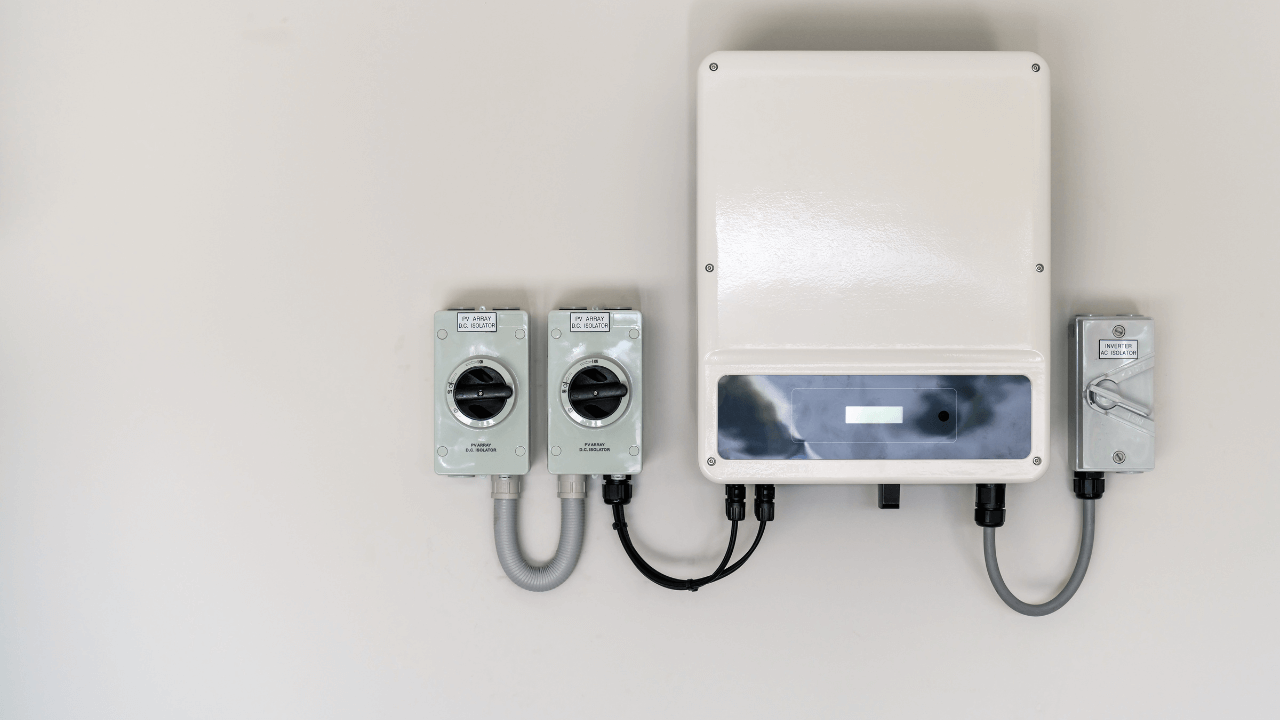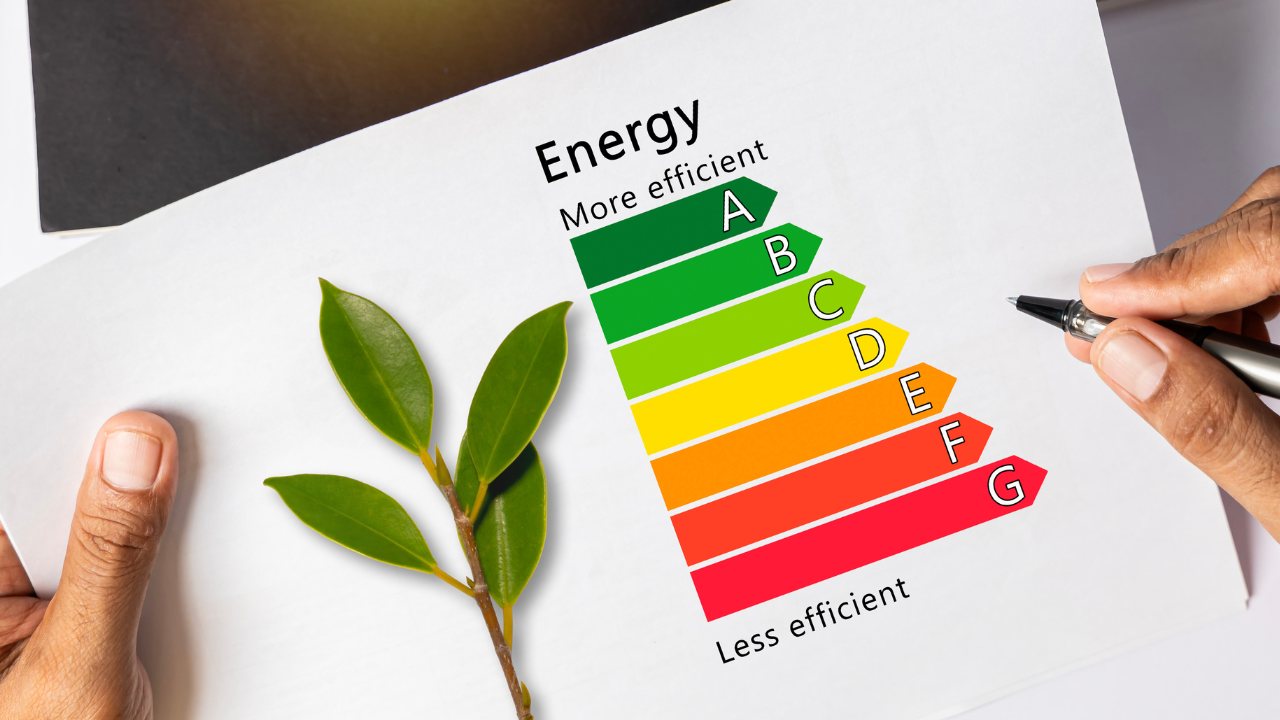A smart meter is an advanced energy metering solution that records energy consumption in intervals of an hour or less and communicates this data back to the utility at least daily for monitoring and billing purposes.
It provides detailed and accurate information about energy usage, allowing for real-time remote monitoring and management of electricity, gas, or water consumption.
Smart meters can send this data to the utility company and receive operational instructions, allowing remote management, such as disconnection or reconnection of services.
They can generate detailed load profiles, showing how energy consumption varies over time, which helps in demand-side management and grid optimization.
How does a smart meter work?
A smart meter uses precise sensors to measure real-time electrical parameters like voltage, current, and power factor.
This high-resolution data is processed by a microcontroller unit (MCU), which calculates energy usage and formats the data for transmission.
The communication module transmits this data to the utility company at regular intervals, utilizing technologies such as RF, PLC, or cellular networks (GSM/GPRS).
This two-way communication allows for remote commands, such as disconnects, reconnects, or firmware updates, enhancing system flexibility and responsiveness.
The most crucial stage is data storage, which involves non-volatile memory and ensures data retention between transmission intervals.
Smart meters also have advanced security mechanisms to detect and report tampering, which ensures data integrity.
How do utilities receive the smart meter data?
Utilities receive smart meter data through an integrated system involving the Head-End System (HES) and Meter Data Management System (MDMS).
The HES collects data transmitted by smart meters via communication networks such as RF mesh, PLC, or cellular. This system ensures data integrity and performs initial validation checks.
Once the data is consolidated, it is forwarded to the MDMS for storage, processing, and detailed analysis.
The MDMS uses various algorithms to identify consumption patterns and peak demand periods. It also includes detecting issues like tampering or power outages.
Beyond data reception, the processed information is utilized for various critical functions, including:
- Accurate billing is generated based on actual consumption, eliminating the need for estimates.
- Real-time data supports efficient grid management by helping utilities monitor load, optimize resource distribution, and predict demand.
- Utilities provide detailed usage reports to consumers, enabling better energy management and participation in demand response.
This comprehensive data management enhances operational efficiency, customer service, and grid stability.
Benefits of Smart meter systems
Smart meter systems provide intelligent metering solutions with numerous advantages, transforming how utilities manage energy distribution and how consumers use energy. These benefits create a more efficient, reliable, and sustainable energy ecosystem.
- Accurate Billing: Smart meters provide precise energy consumption measurements, ensuring that billing is based on actual usage rather than estimates. This accuracy eliminates billing disputes and helps consumers better understand their energy costs.
- Real-Time Monitoring: Both utilities and consumers can monitor energy usage as it happens. This capability allows for immediate adjustments to consumption patterns, helping to avoid peak rates and reduce overall costs.
- Enhanced Energy Efficiency: By providing detailed insights into energy consumption, smart meters empower consumers to make informed decisions about their energy use. This leads to more efficient energy management and reduced wastage.
- Renewable Energy Integration: Smart meters facilitate the integration of renewable energy sources such as solar, wind, and hydroelectric by accurately measuring their generation and consumption. This supports grid stability and maximizes the use of sustainable energy options.
- Reduce Environmental Impact: The efficiency gains from smart meter systems contribute to a lower environmental impact. Reduced energy wastage and better integration of renewable energy sources lead to lower greenhouse gas emissions and a smaller carbon footprint.
Challenges of Smart meter systems
While smart meter systems offer significant advantages in terms of efficiency and data management, they also present several challenges that must be addressed to ensure their successful implementation and operation. It includes:
- Privacy Breaches: Smart meters collect detailed data on household energy usage, which can reveal personal habits and routines. This granular data collection raises concerns about privacy breaches if unauthorized access occurs, potentially exposing sensitive information.
- Consumers Hesitate: Many consumers are hesitant to adopt smart meters due to concerns about privacy, the health effects of electromagnetic fields, and potential increased costs. Educating consumers about the benefits and addressing their concerns is crucial for widespread acceptance.
- Cybersecurity Attacks: The connectivity of smart meters makes them vulnerable to cybersecurity attacks. Hackers could manipulate meter readings, disrupt service, or gain access to the broader grid, posing significant risks to energy infrastructure.
All these challenges make it crucial to use Smart Meters with advanced technology, meeting industry standards to avoid potential damage to reputation and client data.
Conclusion
Smart meter systems represent a significant advancement in energy management, offering precise, real-time data that enhances billing accuracy and grid management. While they bring substantial benefits, they also pose challenges and cybersecurity risks.
Addressing these challenges is essential to fully realize the potential of smart meter technology in creating a more efficient and intelligent metering framework.
If you are gearing up to invest in budget-friendly, new-generation power solutions, do not worry. Saltec has got you covered.
We recommend you look at our power solutions to revolutionize your power management. Contact our team of experts to find the solution that best serves your needs and specific budget.



